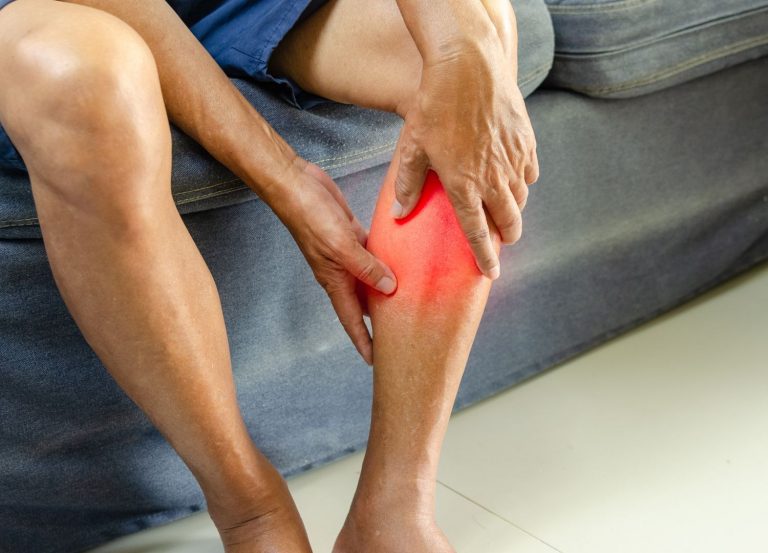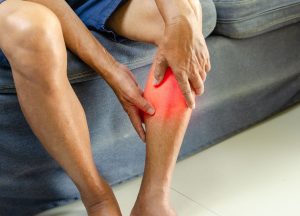Neuropathic pain is no ordinary pain
Depression and poor sleep are some of the mental health consequences of inadequately treated neuropathic pain. For some sufferers, the pain can be unbearable.
|
Neuropathic pain is due to nerve damage or dysfunction, a case of pain gone rogue. This is because pain is meant to give us early warning of potential harm. The sharp pain one feels upon touching a hot object prompts immediate withdrawal of the hand to avoid further injury. In neuropathic pain, however, nerves fire warning signals willy-nilly, causing rogue pain.
When neuropathic pain hits, affected persons take notice. Just talk to someone with shingles, the painful rash that erupts when chickenpox awakens, or to someone whose nerves have been damaged by diabetes or spinal cord injury. Alcohol, tuberculosis treatment, and previous stroke are some of the other causes of neuropathic pain. Neuropathic pain can be intermittent or unrelenting and is often described as burning, sharp, or shooting. The pain comes with other symptoms of diseased nerves. All of these can lead to poor productivity at work and are a recognized cause of disability.
|
What can calm angry nerves in neuropathic pain?

The most widely available medications such as acetaminophen, aspirin, and ibuprofen only provide a small measure of relief and don’t address the root cause of neuropathic pain.
What about narcotics, the powerful painkillers that doctors reserve for severe pain? Well, when these “big guns” are used to “kill” pain, they can also cause collateral damage. Abuse, addiction, and death from an accidental overdose are examples. More commonly, narcotics cause severe constipation and drowsiness. Persons on narcotics are cautioned to avoid activities that call for mental sharpness such as driving or operating dangerous machinery. In short, narcotics are best used for temporary relief of severe pain, not for chronic neuropathic pain.

Does anything work?
|
Yes. Although scientists are still trying to understand the nerve derangements underlying neuropathic pain and the best ways to attack this pain from its roots, research and trial, and error, have led to a toolbox of medications to help patients today.

Some specialists go a step further by injecting affected nerves with drugs to block pain (nerve block) or use special procedures to turn off angry nerves (ablative therapy). Unfortunately, clinicians trained to perform these invasive procedures are in short supply in most parts of sub-Saharan Africa. The procedures work only in some situations and costs may be prohibitive.

Nevertheless, don’t give up if you are suffering from neuropathic pain. The toolbox of medications is available to doctors; help is closer than you think. Just like neuropathic pain is no ordinary pain, it may be necessary to see a pain specialist to get relief.
This article was created by Cutica Health.







